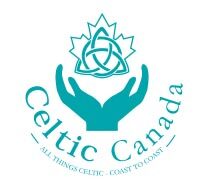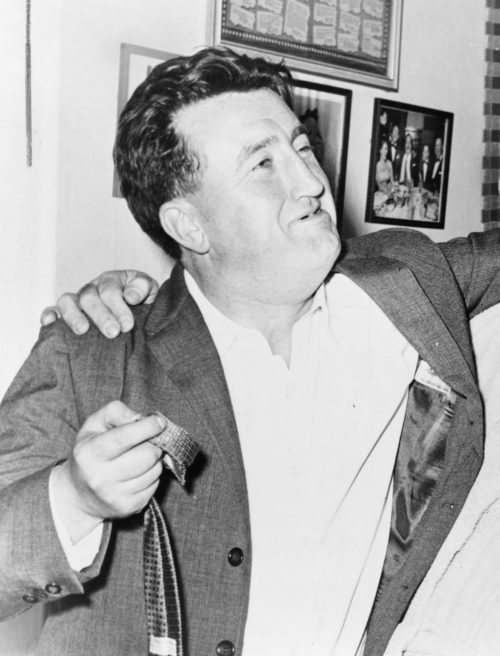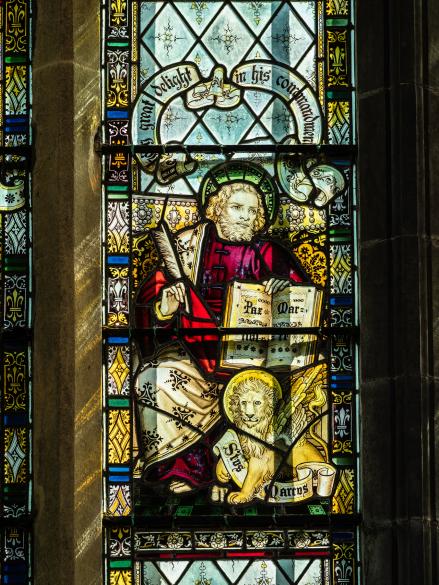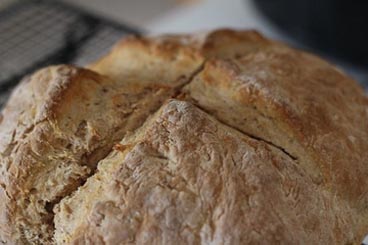‘Fighting is better than loneliness…’
Borstal Boy
Hellraising comes in many forms. To those that have been alive over the last two to four decades, the pop music star or television celebrity spouting four letter words in public or destroying property has become the clichéd image of the term.
There was a time however when real hell-raisers managed to combine a wry intellectualism with disorderly behavior in public forums. Many famous Celts can lay claim to this profile, yet there were few to combine brains and bawdiness as Brendan Behan. A born Irish rebel if there ever was, Behan’s untimely death at age forty-one in 1964 left only a short legacy of dramatic, journalistic, and non-fiction work. Yet in the decades since his passing, few have matched him both the literary and personality department combined.
What’s even more interesting is how his disheveled temperament traveled to the Great White North. His time in Canada, ironically much like his life, was brief. But like his legacy, it is not to be forgotten.
Rebel Scribe from the Cradle
Though Behan’s oft-used quote of being a ‘drinker with a writing problem’ has been used to describe him, many now see what Behan really was by the time came to Canada: a well-read dramatist that had penned two acclaimed plays, a well regarded piece of non-fiction, and various pieces of Irish poetry and journalism. His ability to combine comedy, politics, drama, and even music was unparalleled
Though a high school dropout, Behan came from a family both involved in Irish republican politics and fondness for the stories of Emile Zola and Guy de Maupassant to each other. Behan worked briefly as a house painter before joining the Irish Republican Army, eventually working in England on assignment for them. He was arrested in England for a bombing plan that was thwarted and was sent to the British jail for youths: the borstal. His experiences there yielded both his 1954 ensemble play, The Quare Fellow, a grim prison story staged in an avant-garde theatre club after the Abbey Road Theater turned it down, and his acclaimed non-fiction account, 1958’s The Borstal Boy.
Behan’s second play, An Giall, or The Hostage in English, was staged by London theatre luminary Joan Littlewood. The story of a gang of a cat house lead by a former IRA head holding a British solider hostage, the play managed to combined a love story between the hostage of the title and a woman in the house with musical numbers reminiscent to those of Bertolt Brecht’s plays. The Hostage, along with the bestselling recording Brendan Behan Sings Irish Folksongs and Ballads, solidified Behan’s reputation of a notable modern scribe with a rebellious streak.
Setting Fire in the Big Smoke
Searching the archives of Behan either online or in the library always reveals the time that he came to Toronto in 1961. While Toronto has always been a vibrant city with its share of creative types, artistic movements, and even illicit characters, perhaps even it in all its cosmopolitan-ness wasn’t ready for a character such as Behan.
Constantly feeling the city to be ‘orange’ and with Crown sympathies, Behan’s winter 1961 arrival in Toronto was fraught with argument and excessive drinking. He didn’t—or couldn’t—rehearse for a hosting of a jazz revue at the O’Keefe Centre that ended in bad critical reviews. After another disastrous club appearance, Behan fought with the staff at the Royal York Hotel over their refusal to serve him drinks, and resulted in a security staff member getting a black eye and Behan getting arrested. Eventually Behan’s wife Beatrice had him admitted to a private hospital to dry out, only to have him lapse into a coma caused by his huge alcohol consumption.
Eventually he recovered but had to pay fines for his outbursts.
Fighting with Intelligence: A Less Noted Digression
Behan’s shenanigans in Toronto got him much coverage, but it was another less remembered Canadian moment that gave him a chance to show his intelligence in a public forum.
With his cache of completed work behind him coupled with his own outspoken personality, it should come as no surprise that he was invited to speak on CBC’s Fighting Words, a debate show hosted by Nathan Cohen. It was here that Behan’s penchant for chatter was matched with his penchant for drink. Behan was well versed to sit between writers Morley Callaghan and Claude Dewhurst, making pun-based jokes of ‘communism’ and ‘rheumatism’ while also condemning colonialism—‘I don’t hold any imperialism…,’ he said while condemning the Belgians’ occupation in the Congo. Alas, when addressed if the Irish were ‘the crybabies of the world’, Behan had little time to respond. Callaghan and Dewhurst were too quick to debate Irish republicanism in verbal heat. Just as it was time for Behan to speak, the show ran out of broadcast time. A disappointing coda—Behan’s articulation on Fighting Words was arguably his best in public. His insight on a topic dear to his heart never came to existence.
The Hangover
While Behan left Canada to travel to the western United States, he sadly wouldn’t be able to continue his legacy much longer. Future publications met with critical scorn, Behan continued indulging in his favourite pub-flavoured activities, and three years later he passed away at Meath Hospital in Dublin.
Despite a short life and hard living, Behan’s mark on Celtic drama and politics is unquestionable. Not only did he embrace the life and language of his native Ireland, he was able to export it, complete with individual flamboyance. For all the chaos he involved himself with on Canadian soil, many Canadians can take pride that it was their soil Mr. Behan showed himself in all of his many colours.
By: James Burt








